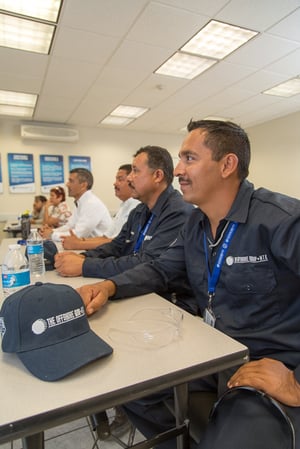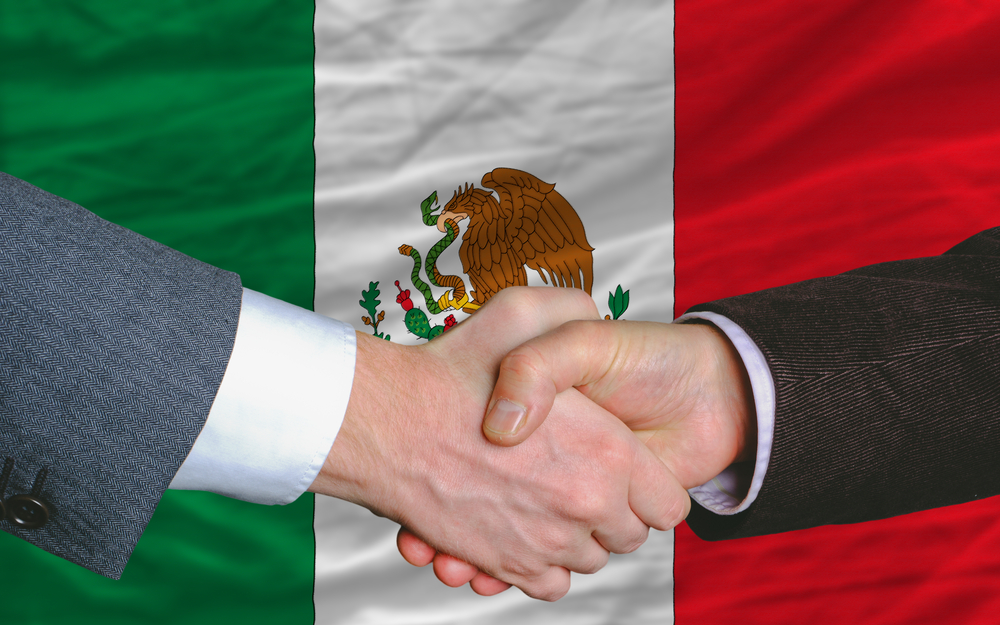Businesses considering launching a manufacturing operation along foreign borders must consider the logistics and procedures for hiring workers. It is true that Mexico is a low-cost manufacturing environment, specifically because of the benefits that come with high skilled employees. However, expanding to Mexico can go awry for businesses that are not well-informed of the country's labor laws and best practices.
Understanding the differences between hiring in Mexico and the U.S. can be beneficial toward ensuring a manufacturing operation is successful long-term. Here are four considerations that will impact the hiring process:
1. Language Barriers
As in the U.S., Mexican workers tend to search their local media to find job opportunities. In addition to researching the right outlets to reach workers in the country, it is also important to post job openings and descriptions in both English and Spanish. Even though Mexico News Daily reported the Secretary of Education forecast that Mexico will be fully bilingual within the next 10 to 20 years, it is still crucial to ensure job opportunities reach the maximum number of citizens. Moreover, communicating in English and Spanish will help manufacturers earn the trust and respect of workers.
2. The Interview Process
Manufacturers in Mexico should also consider how cultural differences affect the interview process. For example, there are a few topics to pay attention to when working with Mexican employees and business professionals:
- Business Culture
- Family Dynamics
- Gender Roles
- Dress Code
- Non-Verbal Communication
- Contextual Communication
Additionally, set appointments are seen as tentative by professionals in Mexico until they are officially confirmed, which is something businesses should keep in mind throughout the hiring process.

3. Working Hours
Similar to the U.S., Mexicans generally recognize an eight-hour working day with 3 different shifts, day shift, night shift, and a mix. Each shift is treated slightly differently based on the hours worked and the time of day. Federal Labor Law in Mexico mandates the following holidays: Jan. 1, Feb. 5, Mar. 21, May 1, Sept. 16, Nov. 20 and Dec. 25. Additionally, every six years workers are given a holiday on Dec. 1 to recognize the inauguration of a new president.
Beyond these specific working hours, manufacturers in Mexico must also recognize that workers rely on public transportation, which can sometimes be unreliable. As a result, business owners must accommodate and expect some delays.
4. Discrimination
In recent years, the Mexican government has worked hard to eliminate discrimination in the workplace. While Mexico's Federal Labor Law of 2012 aimed to protect women and LGBT workers as well as eliminate sexual harassment, there is still some discrimination. In fact, The U.S. Department of Labor recently announced it awarded $1.3 million to help implement Mexican employment discrimination laws. Similar to the U.S., workplace discrimination is a major legal issue manufacturers in Mexico must remain cognizant of avoiding.
Manufacturing in Mexico is a wise, strategic move for most businesses. However, to get the most of this opportunity, companies must be prepared to adapt to a different cultural understanding and labor laws.
Subscribe
Sign up and stay informed with tips, updates, and best practices for manufacturing in Mexico.






